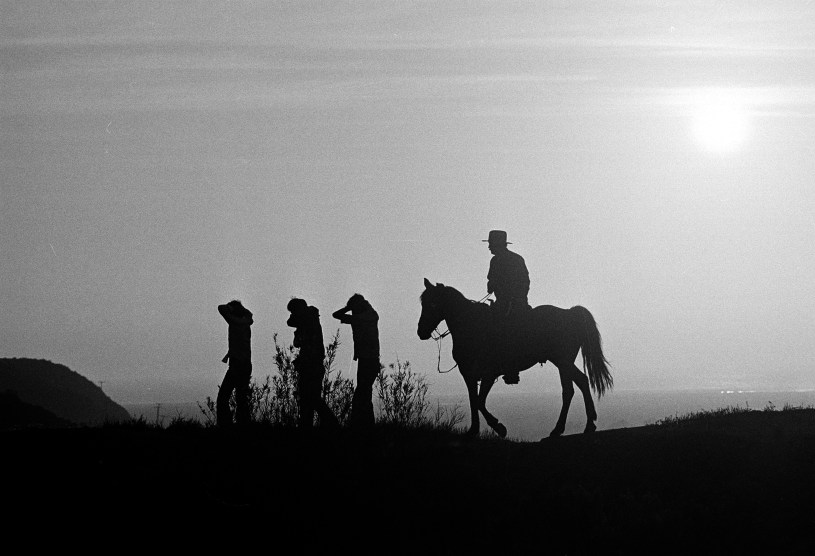
Photo used under a Creative Commons license by flickr user <a href="http://www.flickr.com/photos/eschipul/">eschipul</a>
Mother Jones: Participatory technology is not exactly brand new; blogs, video sharing, et cetera have been around for a while. What’s different this election cycle?
Lawrence Lessig: The campaigns are realizing that if last election was defined by Swift Boat, this election there will be a million Swift Boats. There will be content showing up that will be much more interesting and watched by many more people than what the campaigns are creating. That changes the way that presidential campaigns are defined, where they buy up as much of the speaking space as possible. No one yet knows how this is going to play out.
In the analog world, it wasn’t really that anyone was stopping ordinary people from becoming political actors, it was that the costs of doing so were so much larger. The technology is unleashing a capacity for speaking that before was suppressed by economic constraint. Now people can speak in lots of ways they never before could have, because the economic opportunity was denied to them.
MJ: So what does that mean for the quality of the conversation? Not that it’s a really high bar.
LL: If you look at the top 100 things on YouTube or Google it’s not like it’s compelling art. There’s going to be a lot of questions about whether it’s compelling politics either. We can still play ugly in lots of ways, but the traditional ways of playing ugly are sort of over. This medium is only a medium if people are interested, and we’ll get as good as we deserve.
MJ: You’re writing a book right now about a read/write culture replacing a read-only culture. How does this play out in politics?
LL: What’s interesting to me is that people are using digital technology for creative things like remixing content. The “Hillary 1984” ad is technically certainly a violation of Apple’s creative work, and we’ve actually now heard that the copyright owners for the Orwell estate are threatening legal action. That kind of illegal creativity is only going to become more attractive, and people are going to be resistant to regulation there. So you have to start threatening lawsuits and enforcing technology agreements that block certain kinds of content to regain platforms where you can control the conversation. That’s going to be a very hard kind of control to sustain. We don’t have cultural resources to impose and defend that sort of control, unlike more traditional societies in Europe where people would be more open to the idea of locking down content. Which means that the dynamic is going to spin pretty wildly.
More Interviews << >> Politics 2.0 Index









